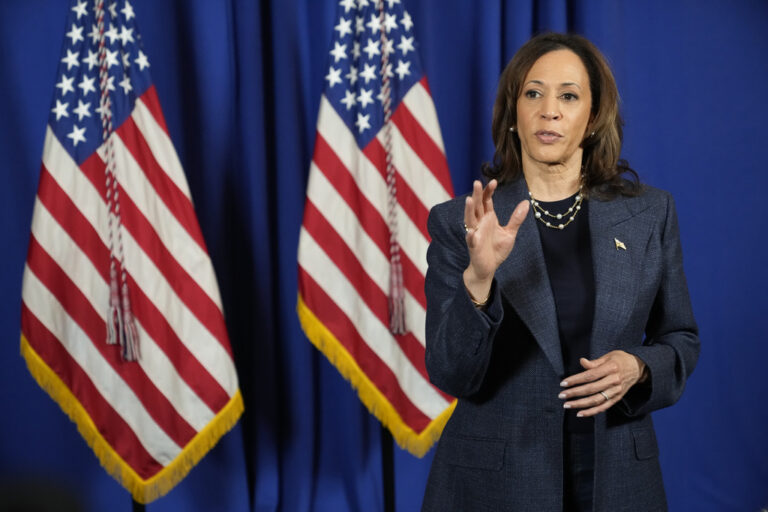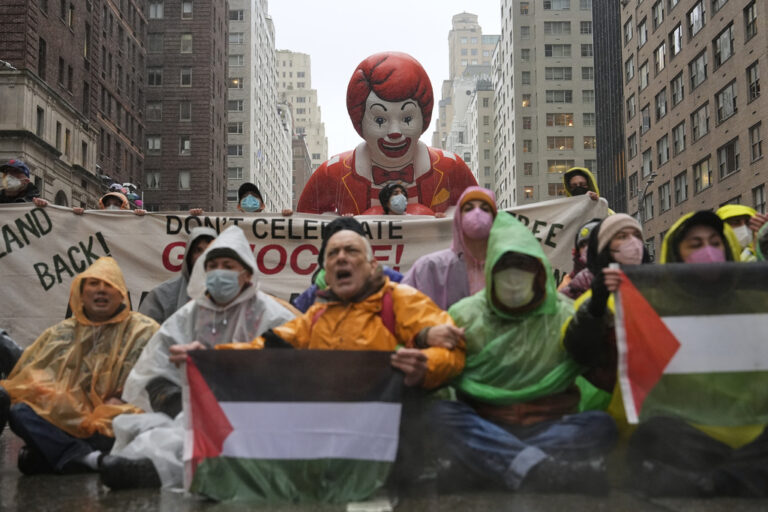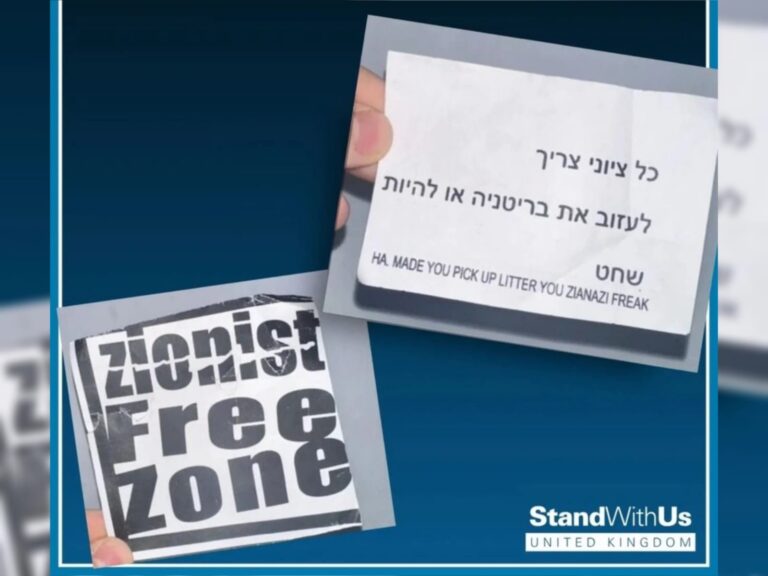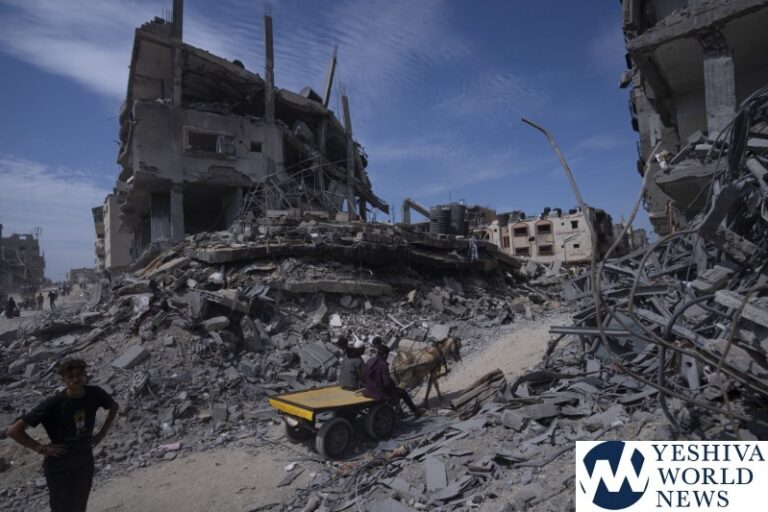The ceasefire agreement between Israel and Hezbollah, brokered by the United States and France, represents a huge setback for the Iranian-backed terror group, according to analysis from two leading U.S. think tanks. The deal, which came into effect this Wednesday, concludes over a year of intense fighting and requires Hezbollah to withdraw north of the Litani River while the Lebanese Armed Forces (LAF) take control of southern Lebanon.
The agreement mandates a phased withdrawal of Israeli forces from southern Lebanon over the next 60 days, with the LAF deploying 5,000 troops to the area to enforce the ceasefire. The deal also allows Israel to retain operational freedom to respond to any Hezbollah violations.
The Institute for the Study of War (ISW) and the American Enterprise Institute’s Critical Threats Project (CTP) highlighted two main reasons why the ceasefire signals a defeat for Hezbollah:
- Hezbollah initially conditioned any ceasefire agreement on a halt to Israeli operations in Gaza. However, Israel’s sustained military campaign against Hezbollah leadership and infrastructure reportedly forced the group to relent.
- Israeli military operations in Lebanese border towns have eliminated the immediate threat of a large-scale Hezbollah invasion of northern Israel. Additionally, airstrikes have decimated Hezbollah’s munitions stockpiles and leadership, allowing displaced Israelis to begin returning home after more than a year.
The analysis estimates that Israel’s campaign has inflicted heavy casualties on Hezbollah, with at least 1,730 and potentially as many as 4,000 fighters killed. These losses have significantly degraded Hezbollah’s ability to operate near the Israeli border.
Despite the deal’s apparent success for Israel, ISW and CTP caution that implementing the agreement may face hurdles. The reliance on the LAF and UN observers to monitor compliance mirrors the framework established by UN Security Council Resolution 1701, which ended the 2006 Israel-Hezbollah war. That resolution called for the disarmament of Hezbollah in southern Lebanon—a goal that went almost completely unmet.
The think tanks noted that LAF units, already stationed in southern Lebanon since 2006, have failed to prevent Hezbollah from rebuilding its military infrastructure in the area. Some LAF officials reportedly fear that enforcing the ceasefire could spark internal conflict, further complicating efforts to demilitarize Hezbollah in the south.
Additionally, while the deal is seen as a military and political victory for Israel, many northern Israeli residents remain wary of Hezbollah’s ability to regroup. Still, the ceasefire provides an opportunity for displaced residents to return to their homes, offering a reprieve after more than 14 months of hostilities.
(YWN World Headquarters – NYC)











